24 Things I Wish I Knew Before My Son’s Autism Diagnosis
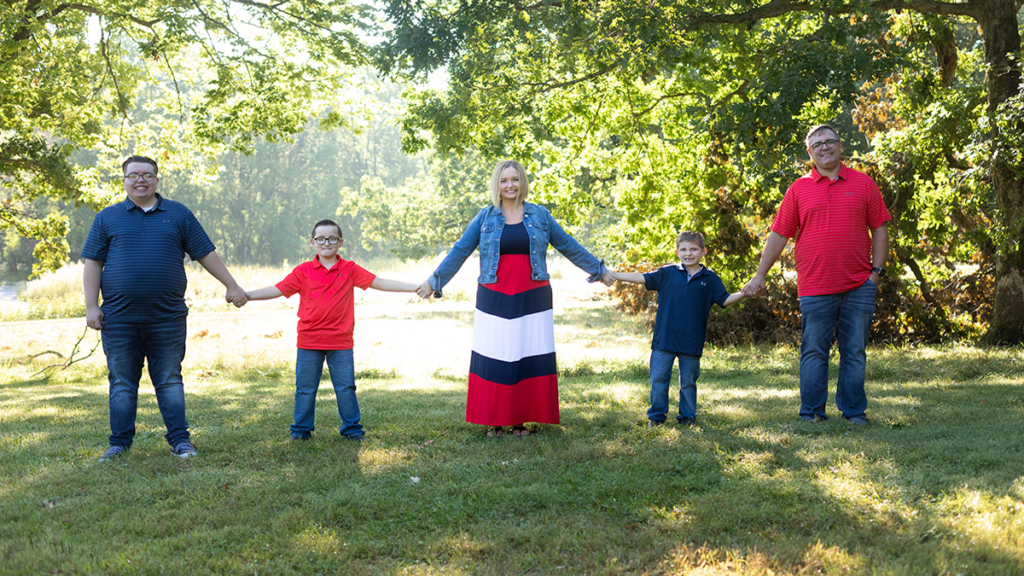
Our son was diagnosed with autism at age 6.
Although it has only been 3 years since diagnosis, there are many things I wished I knew then that I know now.
I remember we felt like we were navigating the journey blind.
We felt so alone and isolated, and it was a lot of trial and error.
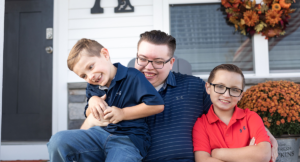
There wasn’t a guidebook on how to navigate the world of autism.
So here are 24 things I wished I knew in hopes that it helps someone who is newly diagnosed:
1. Contact Childserve or your local organization and get a caseworker assigned to you. They know all the available resources in the area.
2. Have that local organization help you fill out paperwork for a waiver right away. There is a 6 year waiting list in Iowa. Waivers can help with many things but even if you can afford many things it’s great to fill out the paperwork for when your child ages out of the system and you and your spouse pass away so they have assistance to be taken care of. Write your legislators asking for more funding so you don’t have to wait so long.
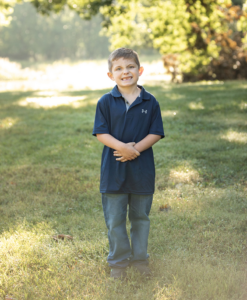
3. Medication isn’t one size fits all. You can try different doses and different combinations. Each person reacts differently. It’s exhausting, but for us, it was worth it.
4. Just because therapy doesn’t work now, you can always revisit it down the road. Have an occupational therapist work with you to create a sensory friendly diet.
5. Find your tribe. Like and follow FB pages and join Facebook groups. Find the one that you feel the most comfortable with where you can learn, share, celebrate, vent, and ask for advice. Where you don’t feel alone. I recommend finding some local groups and spending $5 a month and joining some Facebook subscribers groups. I recommend following Finding Cooper’s Voice, Carrie Cariello, and Tales of an Educated Debutante and their subscribers groups.
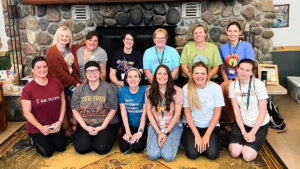
6. Join your local Autism Society to keep learning.
7. Remember that you still need to take time for yourself. Take time away to still go on dates with your spouse.
8. Find a couple of people you trust who can depend on that understands your child to watch them when needed.
9. Keep trying, and don’t give up on things. If at first you don’t succeed, try, try again.
10. You can’t isolate your family and always stay home. You need to keep trying to go on outings, go to the store, and travel. Your child needs to learn how to self regulate, and you need to learn how to help them.
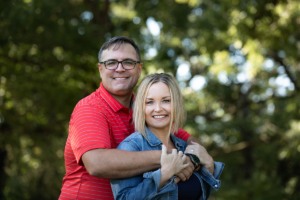
11. Pick and choose your battles. If your child doesn’t want to wear socks and underwear because of sensory issues don’t make them, for example.
12. Get on an IEP as soon as you can. It’s gonna be a battle, but you have to do what’s best for your child to set them up for success.
13. It’s okay if they want to be alone. Making them do things can sometimes be counterproductive.
14. Share your story. Everyone’s story is different, but you never know who is listening. You could be helping someone who is listening.
15. It’s ok to ask for help!
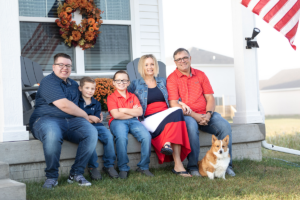
16. Always trust your gut. You know your child best.
17. It is ok to let yourself grieve the life you dreamt of for your child. Just don’t let yourself live in that darkness.
18. Not everyone is going to understand your journey. You are probably going to lose friends and family. But the ones who matter will stay, and you will find other caregivers that you can connect with. You will probably have to do a lot of educating.
19. Don’t try to change your child. Let them be the child they were meant to be.
20. You will learn that you are stronger than you ever imagined and will become an incredible advocate.
21. Celebrate your child’s milestones, big or small.

22. Autism is a spectrum, and not everyone with autism is the same. Comparison is the thief of joy.
23. Try not to worry about what others think.
24. When you are in the hard moments, remember it’s not always going to be like this.
Written by Tonya Andrews of Confessions of a Family with 3 Crazy Boys – Autism, Anxiety & ADHD

